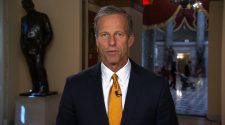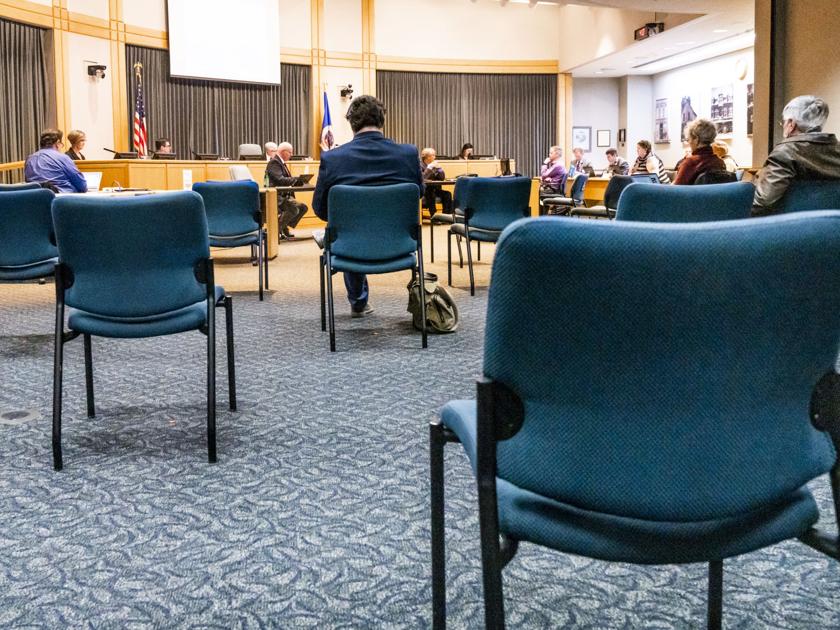While students across Minnesota are experiencing an exceptionally long (and perhaps exceptionally boring) spring break, many of their teachers and administrators are hard at work.
Their task? Coming up with a plan to provide meaningful, effective and convenient online learning opportunities. While everyone would prefer to see students back in classrooms a few weeks from now, each passing day points toward the possibility, if not the likelihood, that “traditional” learning won’t resume until fall.
The goal isn’t merely to have a bunch of worksheets available on Google Classroom; rather, districts across Minnesota need to ensure that students and teachers will be able to connect through “virtual classrooms” that allow face-to-face, real-time exchange of ideas and instruction.
The logistical challenge is enormous, and there will be plenty of bugs and glitches, but the task isn’t impossible. After all, school districts won’t have to invent any new technology. Kids have been attending online school for years.
All of which begs this question: Why can’t people participate in public meetings in the exact same way?
The Rochester City Council has banned public attendance at City Council meetings, and that’s entirely appropriate. Maintaining proper “social distance” at such a gathering would be impossible.
But the council also has suspended the open-comment period that allows members of the public to weigh in on issues under consideration. Instead, people are being encouraged to submit their comments in writing.
While there are bigger concerns facing our community right now, we strongly support the rights of people to directly address leaders with their concerns about zoning, building projects and public expenditures. Not everyone is a skilled writer, and sometimes there’s no substitute for the passion in one’s face and the emotion in the sound of a human voice.
Given that some council members and city staff have begun attending meetings remotely, we’d argue that individuals who wish to make public comment should have that same option, perhaps via a web conferencing tool like Zoom.
We’re not suggesting that the city needs to move heaven and earth to help the less-tech-savvy among us, but the growing number of people who routinely hold meetings via their phones and tablets should also be able to use that technology to address elected leaders.
While it would be easier to do nothing, based on the belief that we’ll be back to “normal” public meetings in two or three months, that’s a dangerous assumption. And really, how long is too long to endure quasi-suppression of public comments? Three months? Six? Nine?
Truth be told, it’s high time that all of our elected governing bodies – school boards, county boards, city councils, etc. – embrace technology to allow more people to participate in public meetings. In mid-January, on a bitterly cold night, why not allow a disabled person to speak to leaders for four minutes without having to go downtown?
Years from now, when coronavirus is but a distant, unpleasant memory, part of its legacy might be that it pushed us to embrace technology in ways that allowed more people to participate in local government.
That’s a very small silver lining, but at this point, it’s worth grasping.














